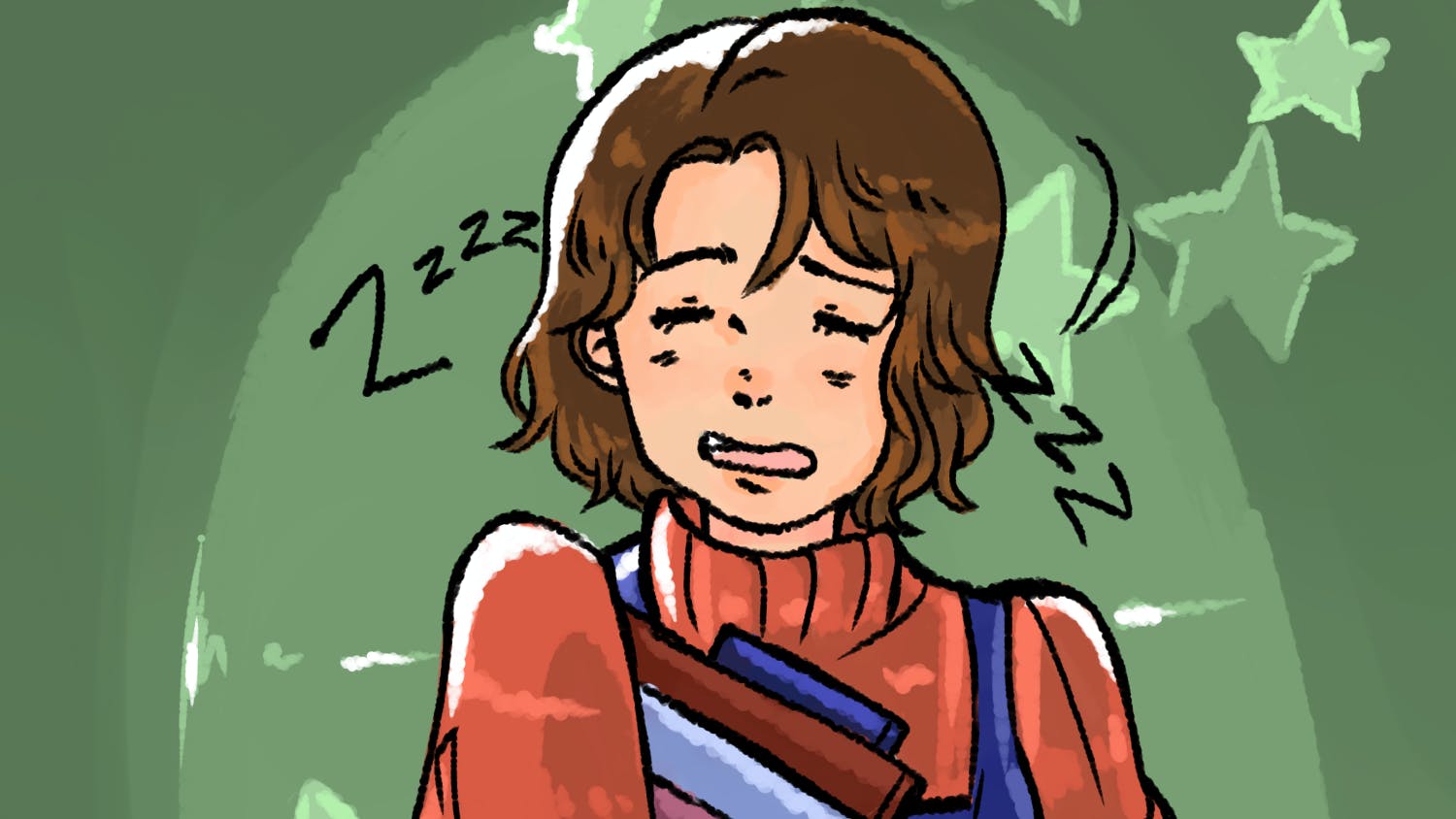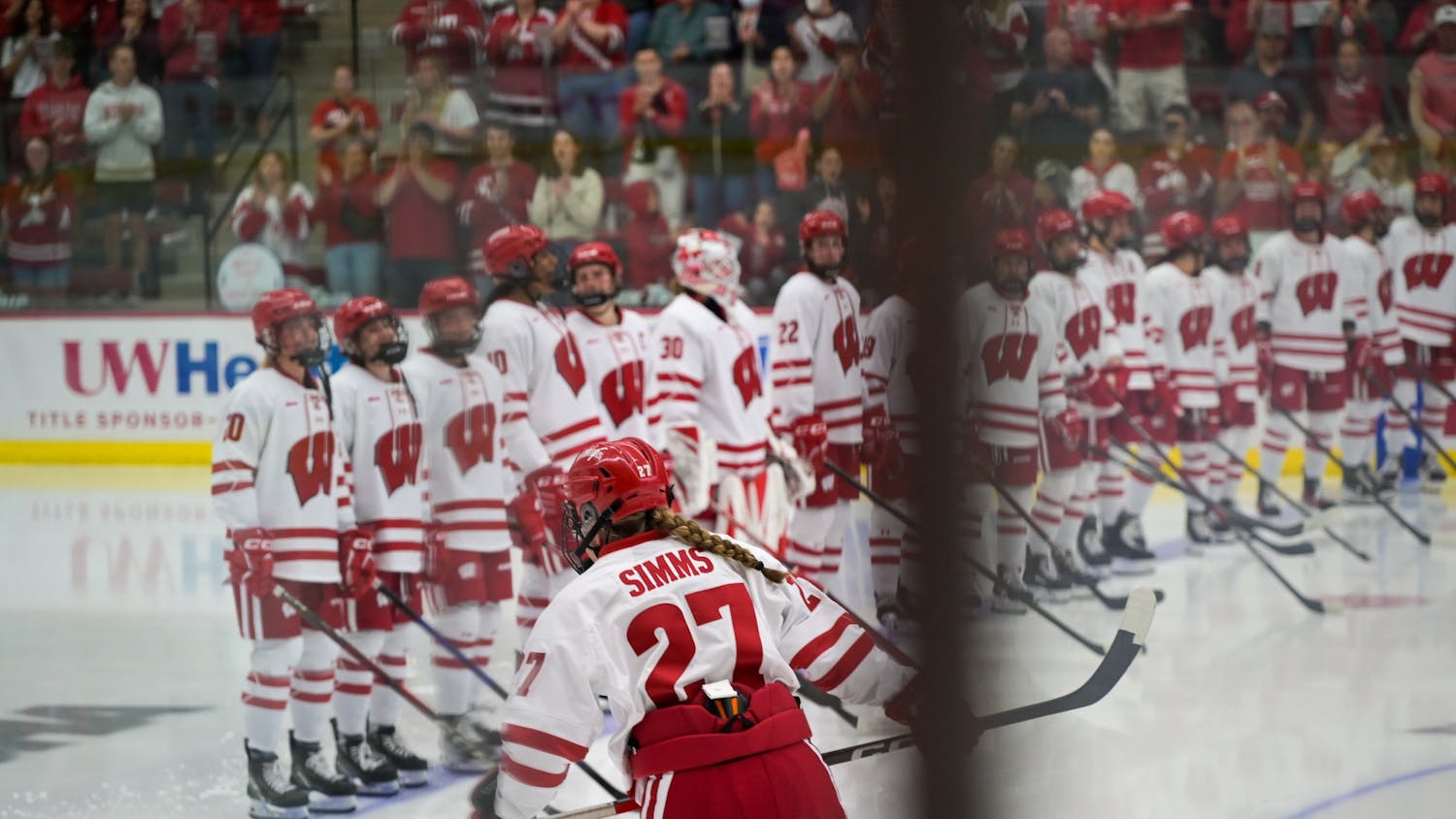Political divisions aren’t a new thing and neither are political tensions. In fact, in a democratic society, political parties are essential for citizens to represent their beliefs, visions and viewpoints through the representatives they select.
Division between people is inevitable and even healthy in a democracy, because it ensures a diversity of beliefs and viewpoints are represented. Therefore, the concern does not lie in the matter of division and standpoints. Instead, concern lies with the growing violence regarding political standpoints and divisions, recently shown by the Charlie Kirk shooting that happened last Wednesday.
In recent years, political violence has escalated to concerning heights. In 2025 alone, several acts of politically motivated violence were reported, including: the assassination of Minnesota’s Representative Melissa Hortman and her husband, the shooting and wounding of another Minnesota Representative, John Hoffman, and his wife, an arsonist setting Pennsylvania’s governor Josh Shapiro’s house on fire while the governor and his family were inside, New Mexico Republican Party headquarters being set on fire and a shooter attacking the CDC headquarters.
Political violence isn’t new. In the 20th century, many activists such as Martin Luther King Jr. and Malcolm X were assassinated, as well as President John F. Kennedy and presidential candidate Robert F. Kennedy.
What feels different today, however, is not only the persistence of violence but the environment in which it spreads. Unlike in the past, when political violence often stemmed from broad social movements or individual extremists, today’s incidents unfold against the backdrop of a hyper-connected, pervasive media ecosystem. With the rise of social media and fast-paced news, extreme polarization has also increased rapidly.
Many influencers and politicians, regardless of their political leanings, have taken advantage of this accelerated media cycle by amplifying outrage, conflict and fear. Sensationalism is favored over nuance, demonization over dialogue.
An example of this is former Fox News host Tucker Carlson, who is known for his often controversial and provocative dialogues that often targeted people of certain races, sexes and political inclinations. Even after leaving Fox News, he continues to use his social media platforms and podcasts to share his opinions, which are often filled with misinformation and criticism, making the stage ripe to amplify hostility and animosity between people.
While social media algorithms are great to help people see what they want to see, when it comes to politics, it also means one can get stuck only seeing one side of the argument and not the other.
For example, I often watch reels of Atlético Madrid. But those clips rarely just highlight Atlético’s strengths — they frequently include slander or exaggerated criticism of rivals like Real Madrid or Barcelona. What I rarely see are positive portrayals of those teams. In the same way, algorithms that adapt to our preferences don’t just reinforce what we enjoy. They also push us further into one-sided perspectives, reinforcing our beliefs while dismissing or misrepresenting others. This creates an illusion of objectivity while fueling polarization.
Polarization is not inherently destructive. People will always have different values, priorities and political visions. Democracy thrives on the clash of those ideas. When polarization becomes dangerous is when it hardens into a refusal to see political opponents as legitimate or even as fellow citizens. When disagreement becomes dehumanization, violence becomes easier to justify.
This has become increasingly common in recent years, especially due to the media ecosystem. The constant flood of outrage-driven content does not simply inform us about political events; it shapes how we interpret them. If every headline, every clip, every tweet is framed as a battle between good and evil, compromise becomes betrayal and dialogue becomes weakness. This doesn’t just divide parties from one another; it also divides neighbors, friends and even families.
At the same time, political leaders have often fanned the flames instead of cooling them. Outrage is a powerful political tool as it mobilizes voters, drives donations and strengthens loyalty. But while outrage might win elections, it also corrodes the foundations of democratic society. This cycle of fear and anger creates a feedback loop where both sides escalate their rhetoric, leaving less and less space for moderation, cooperation or understanding.
This cycle has been the reason that political violence is becoming increasingly common to see in our lives, as most recently represented by Charlie Kirk. Breaking it will not be easy. It will require effort at multiple levels: citizens willing to seek out information beyond their own echo chambers, media platforms that prioritize accuracy and dialogue over virality and leaders who recognize that democracy requires restraint as much as passion. Perhaps most importantly, it requires a cultural shift in how we view those we disagree with — not as enemies to be destroyed, but as fellow participants in a shared experiment of self-government.
If division is the lifeblood of democracy, violence is its poison. The challenge before us is to preserve the energy of disagreement without crossing the line into destruction. Whether or not we succeed will determine the future of democracy itself.






